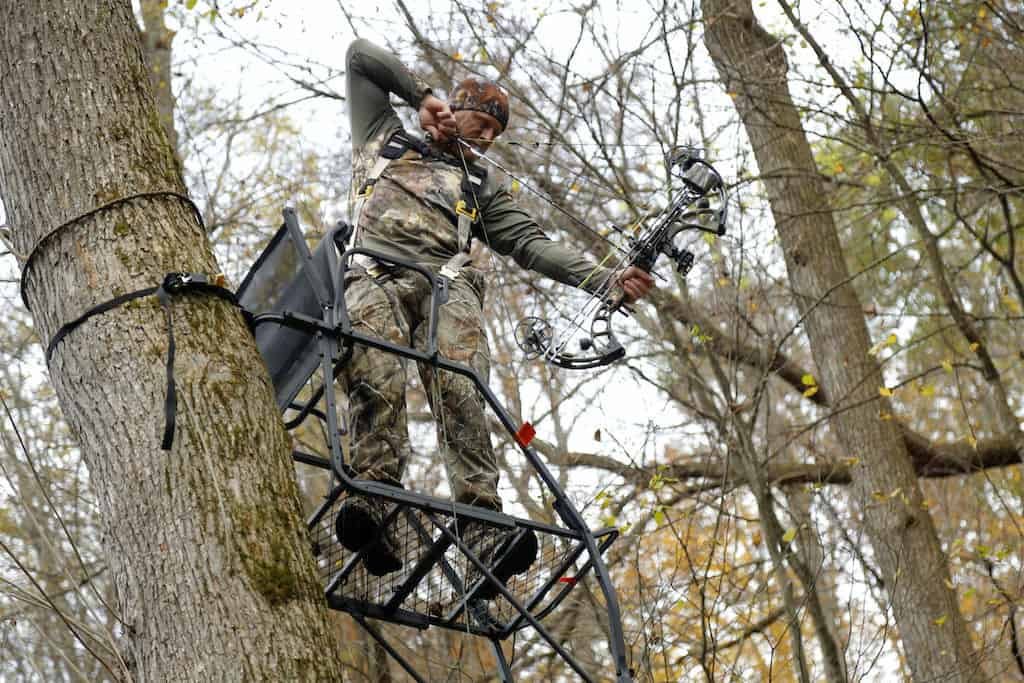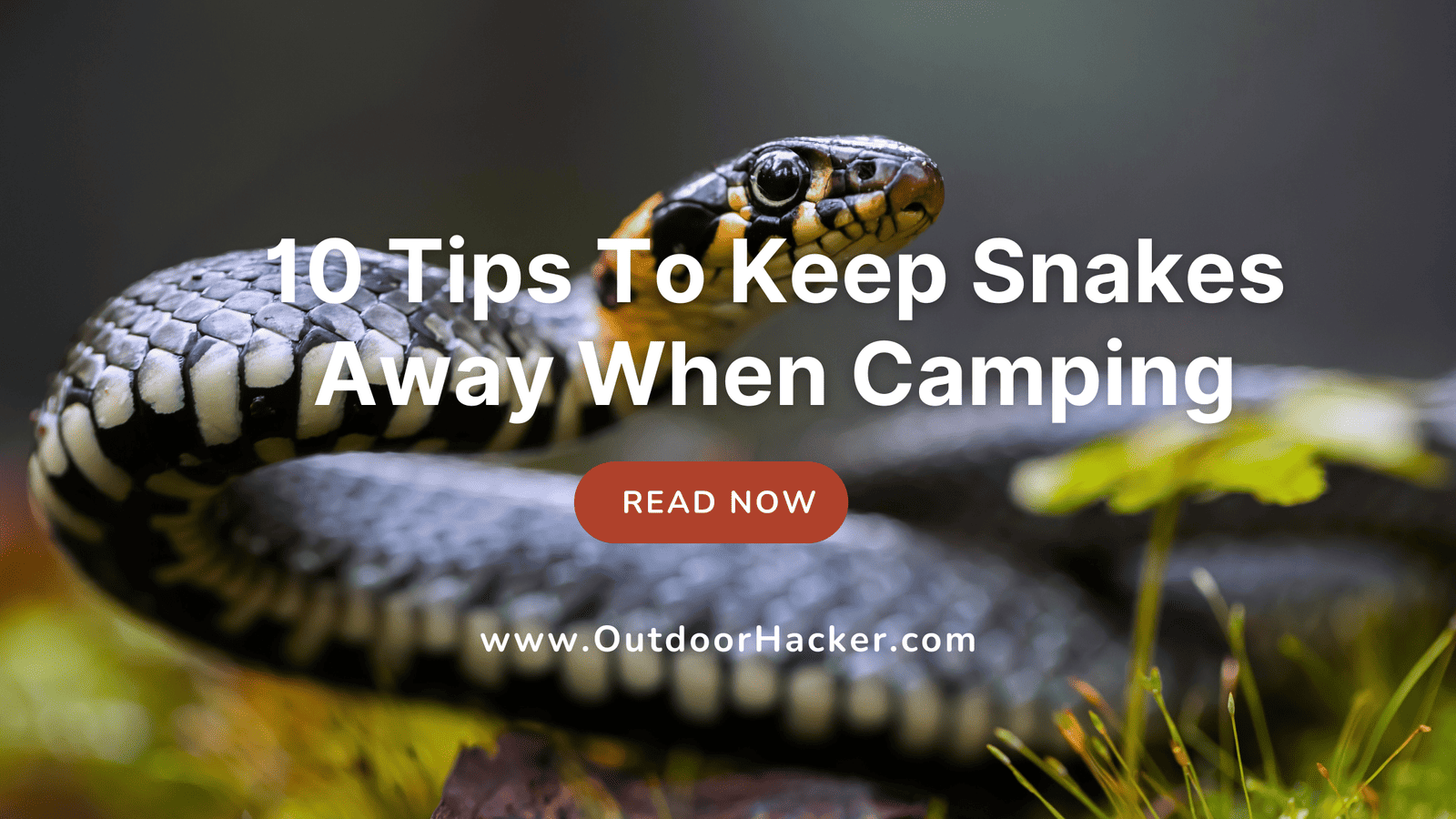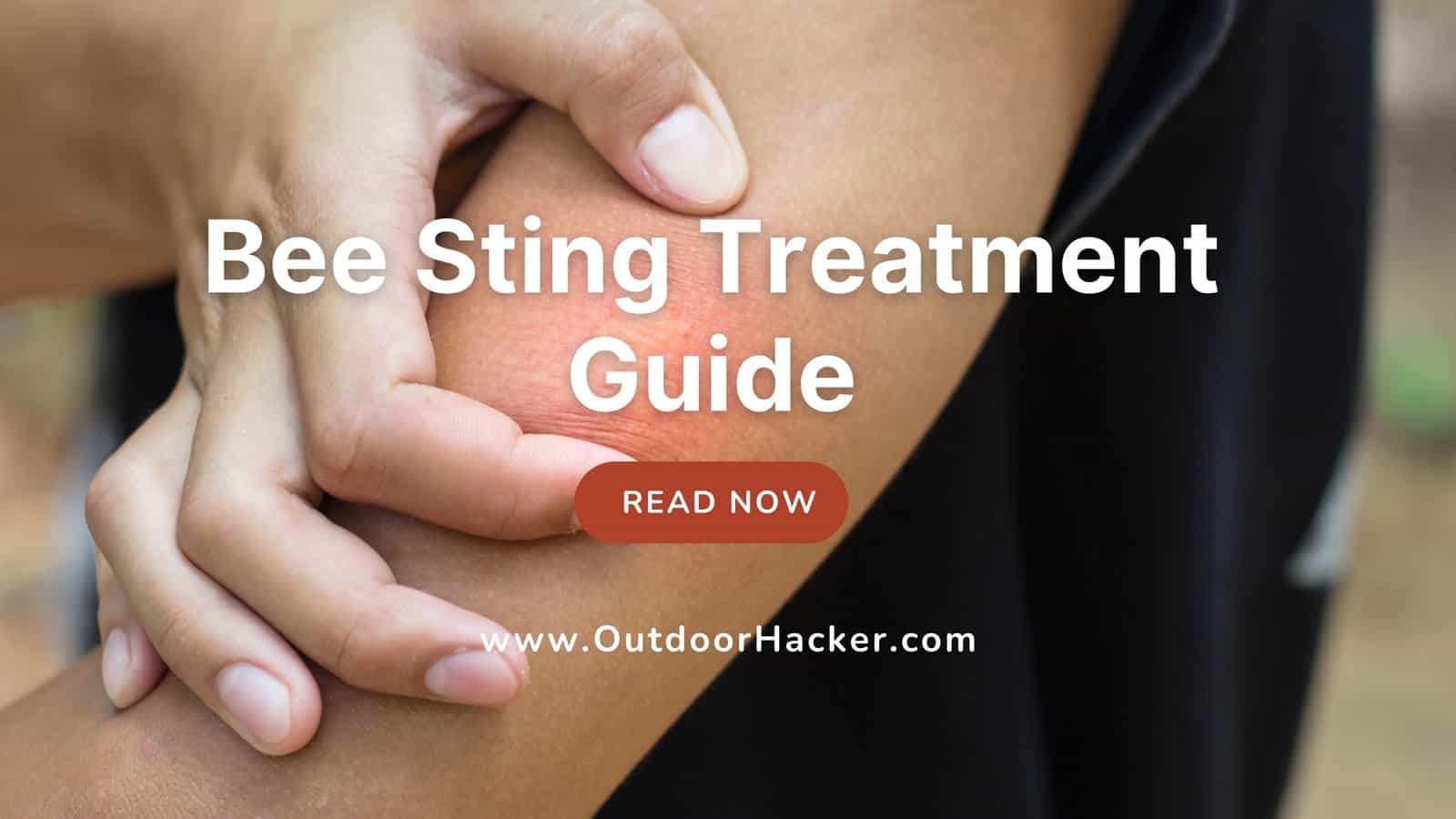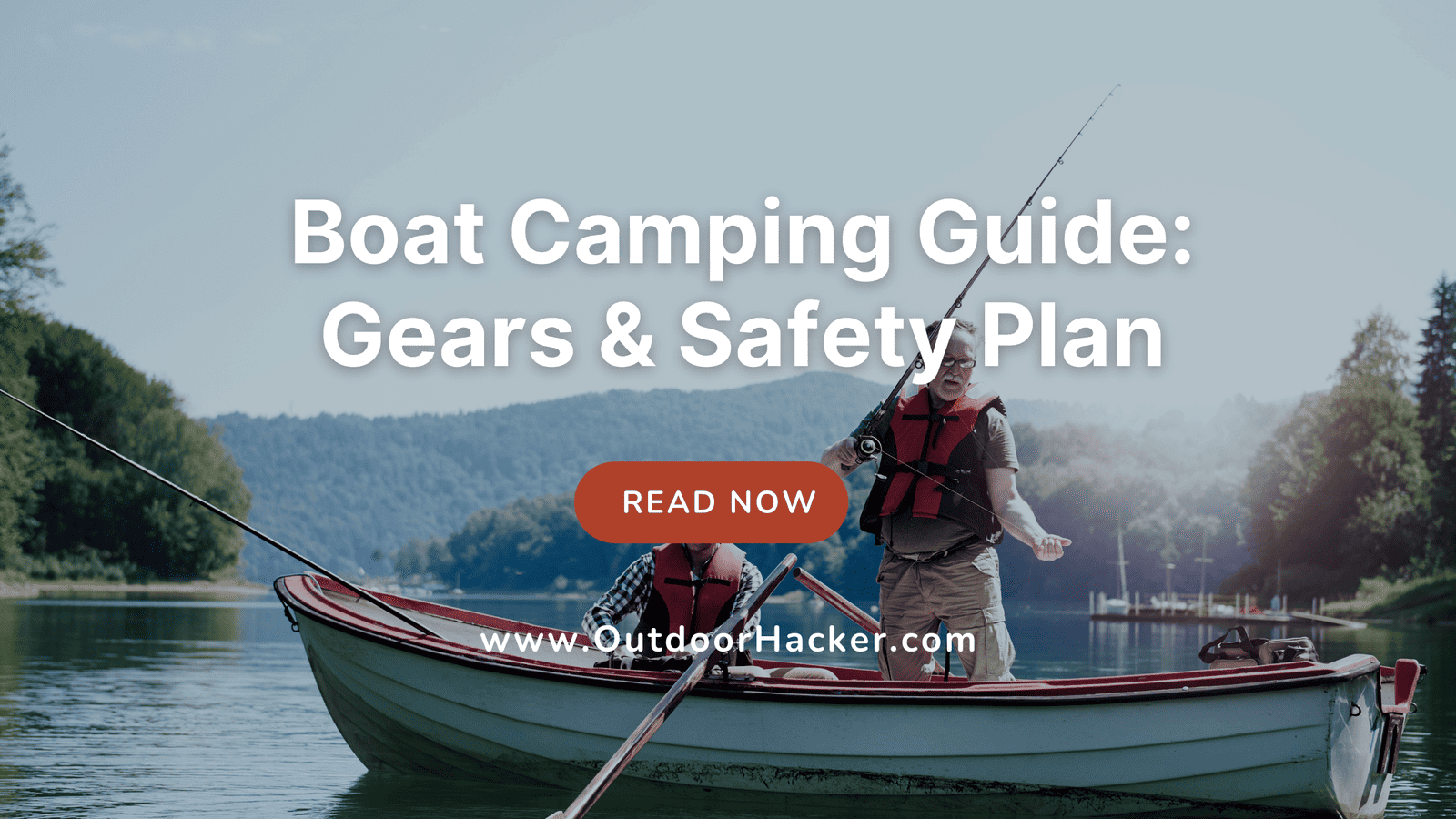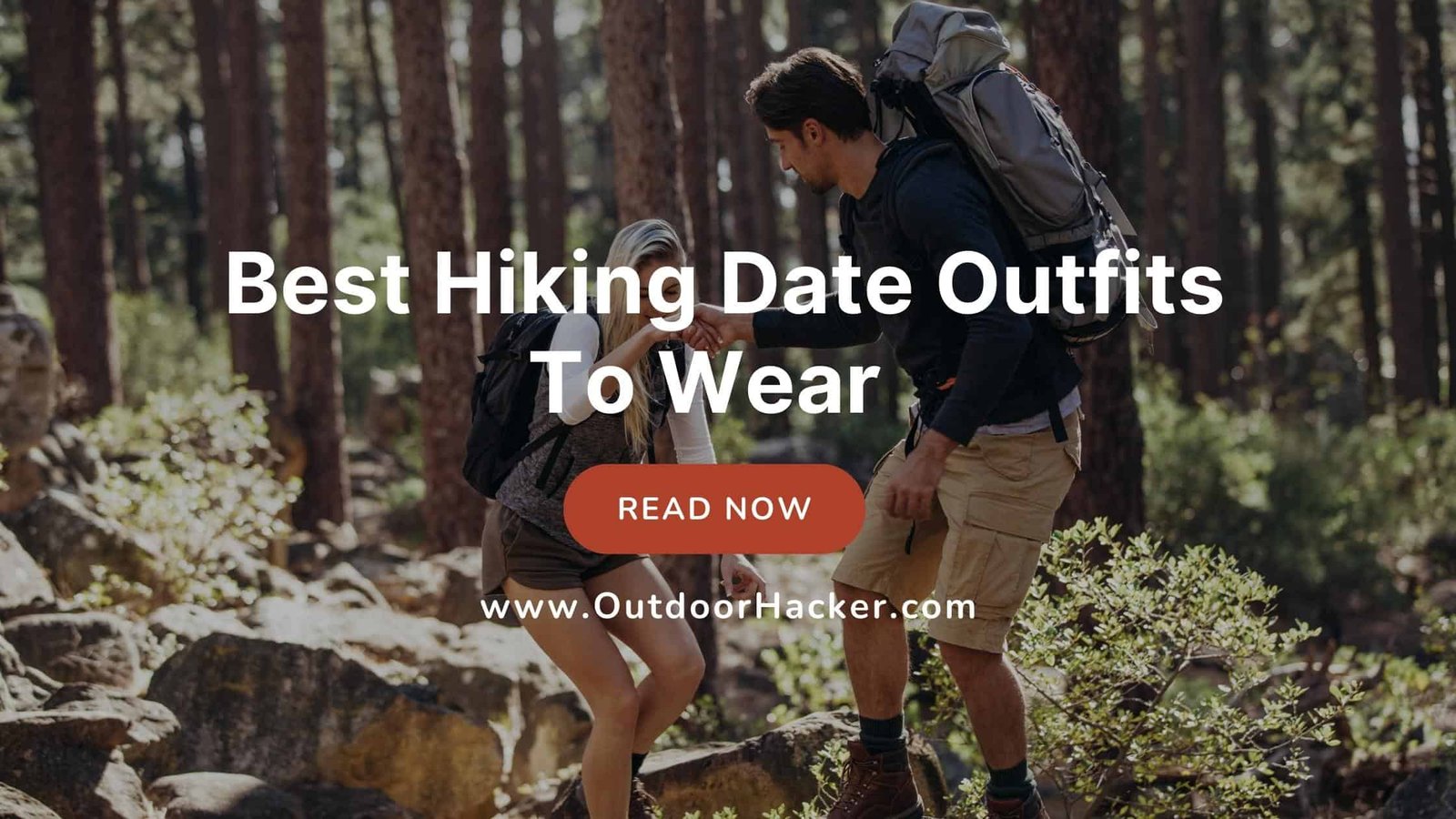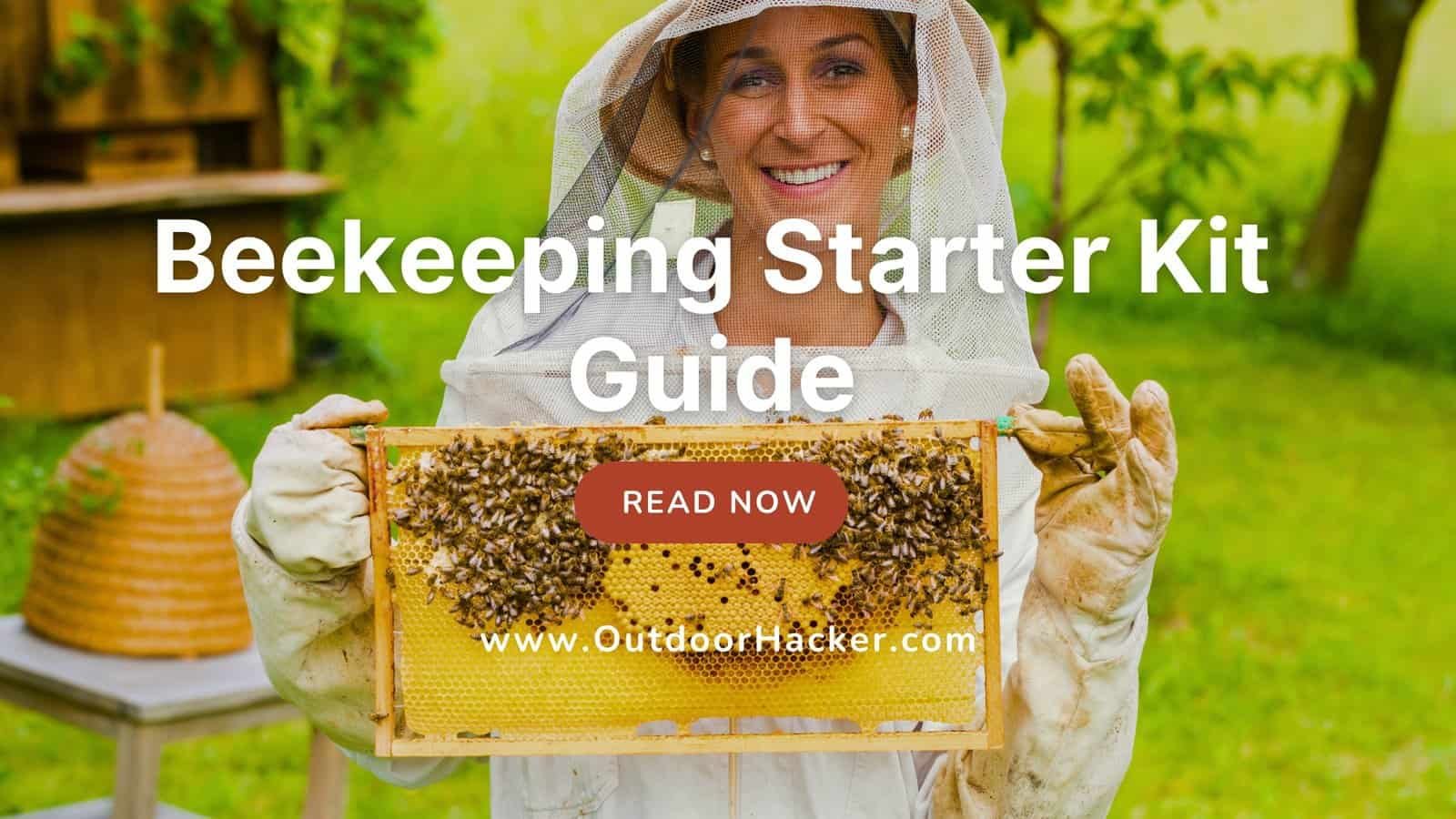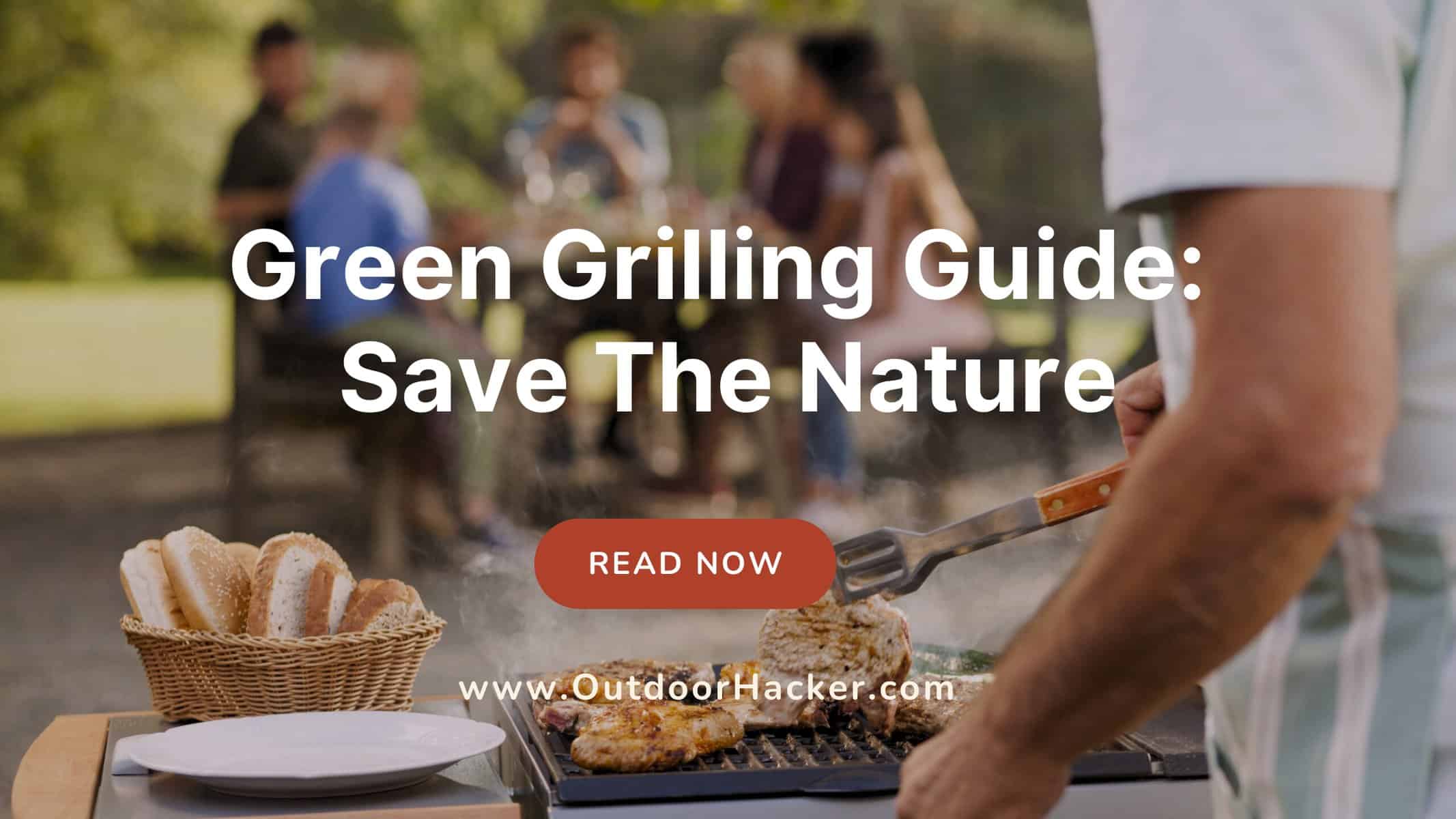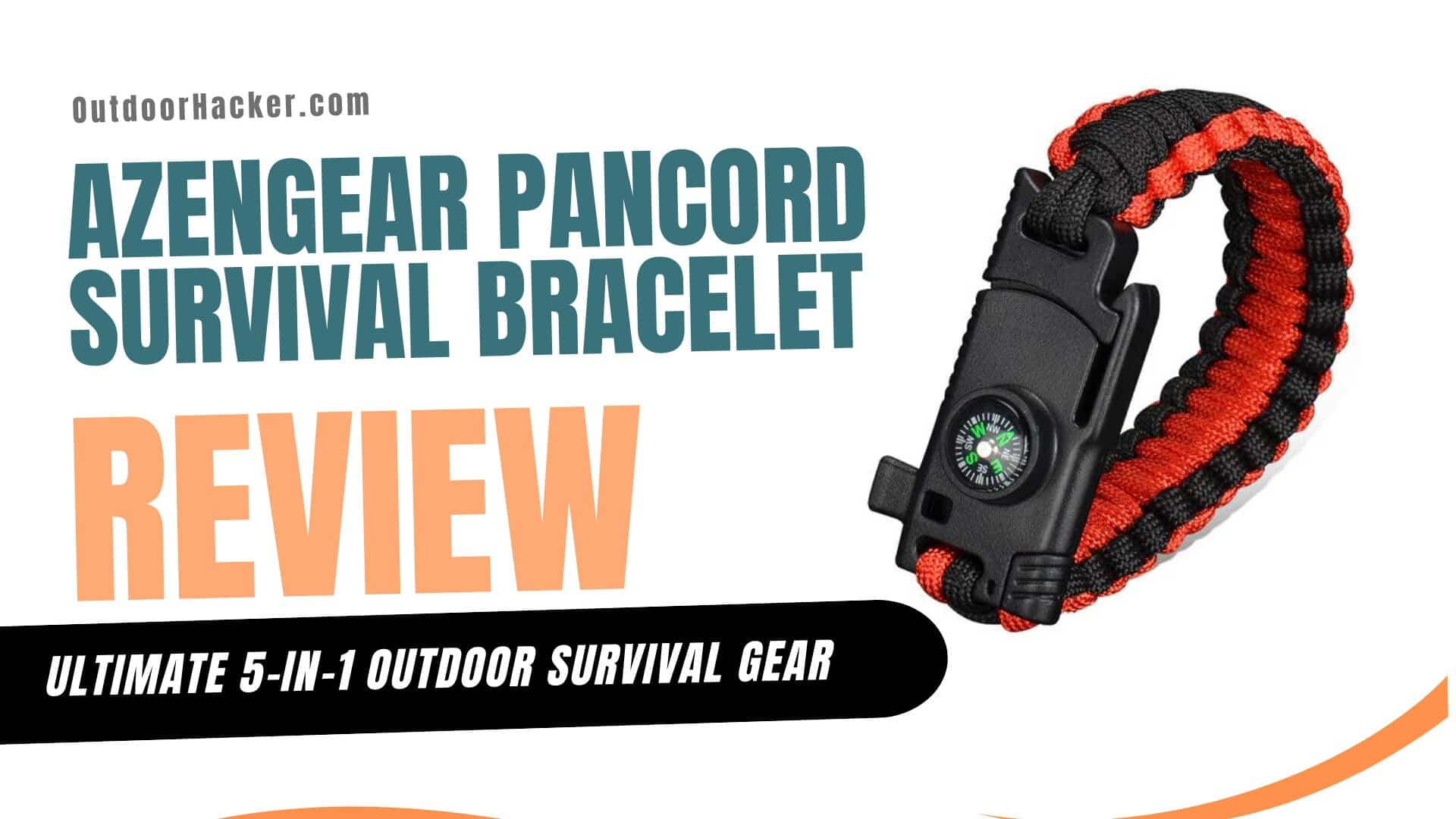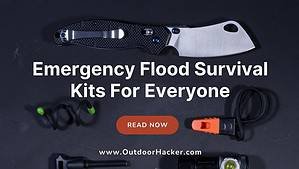Hunting is an excellent way to connect with the outdoors and see everything Mother Nature offers. Your ancestors did it for survival, and you may do it for sporting or conservation purposes. Wherever you hunt, you’ll want to keep hunting safety tips in mind. Hunting can be fun but also dangerous, so use these nine tips to stay safe on your next outing.
As of November 2021, there were approximately 15.2 million hunting license holders in the United States.
10 Useful Hunting Safety Tips To Follow
1. Wear Orange Clothing
The first way to keep yourself safe while hunting is to wear orange. Hunters often wear an orange vest or jacket while hunting. Though it may be stylish, the orange serves a purpose above fashion. Wearing orange is critical for a hunter to stay safe in the wilderness. When you wear orange, you’re alerting other hunters in your presence, but you’re still nearly invisible to animals like deer in the area. This is one of the most important hunting safety tips you should follow.
Wearing orange is practical for safety, and many states require donning orange attire while hunting. For example, the state of Washington mandates that hunters wear at least 400 square inches of fluorescent orange or pink, and the clothing has to be above the waist. States like Missouri will issue citations to those who don’t comply with the law.
2. Learn the Area
When you go hunting, knowing the lay of the land is essential to your safety. The wilderness likely won’t have stellar cell service, so you’ll need to navigate without your smartphone.
You should mark the paths you take and remember signs like landmarks. Additionally, it’s important to know the wildlife in the area. Depending on what season you like to hunt in, there could be dangerous animals like bears or mountain lions that you need to pay extra attention to.
3. Check the Laws
Before you leave the house, another essential way to keep yourself safe while hunting is to check the laws for your state and whoever runs the property you’re on. Researching the regulations will significantly benefit you if you’re in a state you’ve never been to. It will help you be more aware of the dangers and follow the hunting safety tips.
One of the most crucial things to know on your hunting trip is what you’re allowed to shoot. The seasons for each animal will differ by state, so you should research beforehand to ensure you’re not breaking any laws.
Another factor you’ll need to consider is what weapon you plan to use. For example, deer hunting season in Indiana starts in late September and runs through the end of January. You can only use a firearm for about two weeks, but archery is permitted the entire time.
4. Prepare Your Gun
Safety in hunting centers around your gun. You’ll want to allot plenty of time before your trip to prepare your firearm so it works flawlessly while you’re in the wilderness. You can take a few steps to ensure you’ve adequately equipped yourself. With your gun, you should:
- Clean: One of the best ways to maintain your gun is to put it on a cleaning schedule. Depending on your use, you should deep clean your gun at least once a month. For good measure, you can clean the barrel and action after every trip. Before you clean, ensure you’ve unloaded the gun.
- Weather-proof: Weather-proofing your firearm is an excellent measure to take if you want to keep your gun for a long time. The elements can take a toll on your rifle, so you’ll want to watch out for rain and snow. Rust is the last thing you’ll want to see. You could give your gun a wax coating and avoid corrosive ammunition.
- Set sights: Another tip for gun preparation is setting your sights. You may also know it as zero. This step is essential, especially if you’re using a particular firearm for the first time. A gun’s sights are sensitive and minor movement could knock them out of place. You’ll want to ensure they’re to your liking for a successful hunting trip.
5. Treat the Gun Carefully
Once you’ve started your hunting trip, you’ll want to prioritize gun safety because it can make the difference between life and death for yourself and the other hunters in the area. Hunting accidents happen, but mindfulness while operating a firearm can prevent injuries.
One way to keep everyone safe is to be vigilant of your gun’s safety. When not using the weapon, it’s best to engage the safety to reduce the risk of accidentally firing it. While hunting, you should be sure what your target is and what’s around it. A bullet could pass through the deer you’re aiming for and then kill an animal that’s not permitted. Also, ensure that no human is anywhere close to the target you’re trying to hit.
6. Set Up a Proper Tree Stand
You could be waiting for a while if you’re hunting for animals like deer. You need a way to stay comfortable and safe for a few hours as you await the prized bucks to come your way. Many hunters rely on a tree stand. This station is valuable, and you’ll want to ensure you set it up properly.
You’ll want to find a tree at least 18 inches in diameter for your stand. Giant trees will support your body better and shield you from wildlife. Position your tree stand so the sun shines on your back once it rises. Animals like deer don’t have a UV filter, so it’ll put you at an advantage.
Once you’ve determined a good spot, the next challenge is climbing into your tree stand. This part can be dangerous, so you’ll want to take extra care. You could use a climbing rope, a harness, and a clip to maximize your safety while climbing the tree. In the tree stand, you should refrain from consuming alcohol or drugs because they can impair your body and cause an accident.
7. Monitor the Weather
Another essential part of your safety while hunting is the weather. Severe weather can strike any time of the year in different forms. A bad thunderstorm or snowstorm can make the terrain more treacherous than usual, increasing the odds of injury.
The best way to prepare is to monitor your weather through local meteorologists to see the forecast. Bring protective gear if there’s even a tiny chance of bad weather. You may also benefit from a weather radio that airs a feed from the National Weather Service.
8. Go With a Friend
If bad weather arrives or an accident happens, you won’t want to be alone. For your hunting trip, it’s best to bring somebody along. The phrase “safety in numbers” applies here because you’ll appreciate a hunting buddy when you’re in need.
Bringing a friend keeps you safe and can be a bonding experience. Sitting in a tree stand for hours can get boring, so you’ll have plenty of time to relax and talk about anything under the sun. If you can’t bring a hunting partner, let someone – or multiple people – know where you’re going and how long you plan to be gone.
9. Inspect the Animals
Hopefully, you take down the 10-point buck you’ve been waiting on for a while. Once you get your prized animal, you should ensure it’s dead before loading it in your vehicle. You’ll want to follow the protocols in your state for handling dead animals.
Also, you’ll want to check all your belongings to ensure no unwanted animal has snuck into your bags. The last thing you’ll want to bring home is a live venomous snake.
10. Keep your Mobile phone on you and not in your pack
It may come as a surprise to some, but more people die from accidents related to falling out of hunter’s tree stands than they do from firearm-related injuries while hunting. If you bring your phone with you while hunting and it’s stored in your pack up in the tree stand, you’ll have no way to call for help if you should happen to fall. It’s always best to keep your phone on your person when hunting, in your pocket, for example, to be on the safe side.
Hunting With Safety in Mind
Hunting is a favorite activity for many, especially those who live in rural areas. The pandemic even increased the number of hunters, with people looking for a new hobby in the outdoors. Rookie and experienced hunters alike should be mindful and follow these tips for staying safe.




